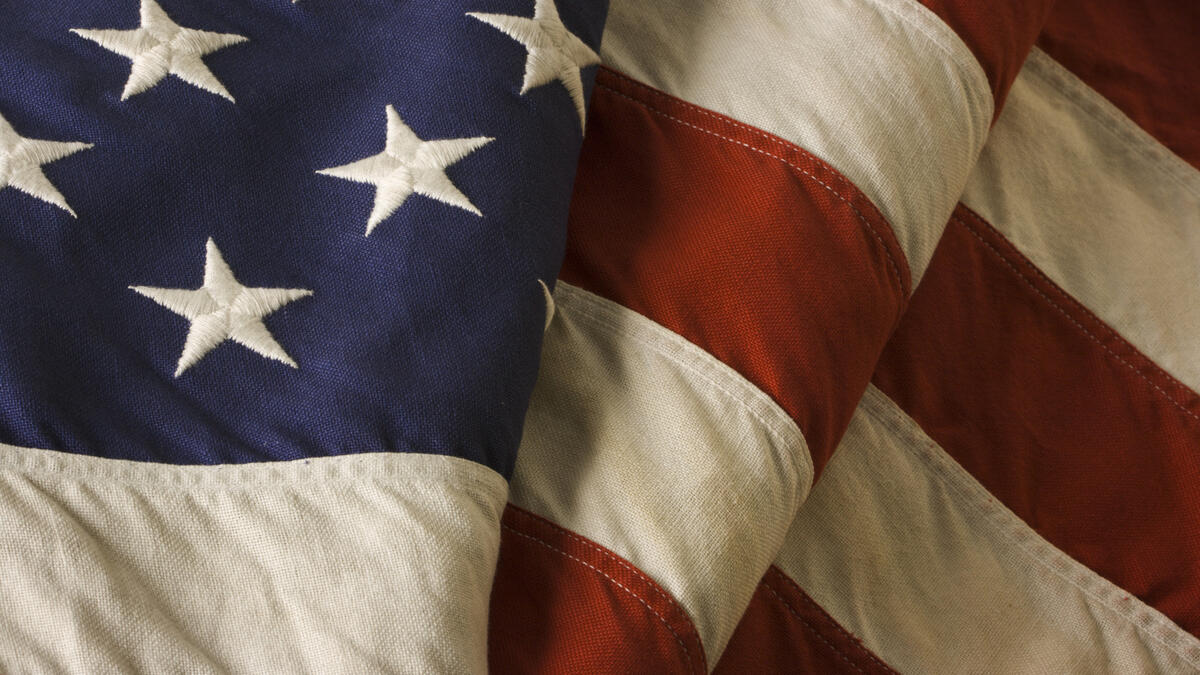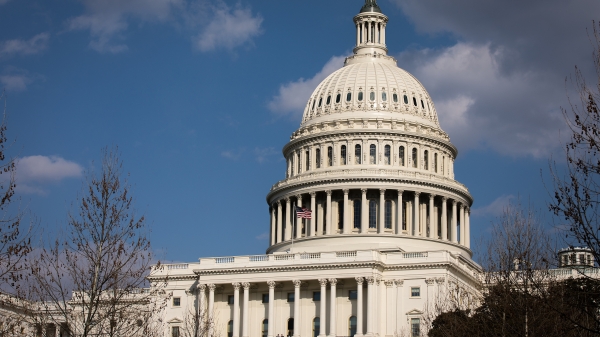ASU center launches initiative to address connections between race, place and ‘civic genealogies’

In 2022, The Washington Post published a groundbreaking series exploring the histories of U.S. elected officials with ties to enslavement. Later that year, the news outlet also published a revelatory in-depth article about a longtime Phoenix trailblazer, Carol Coles Henry, and her ancestral connections to enslavement and freedom in Virginia.
Both the series and the article underscored the value in reexamining history to gain new, meaningful perspectives.
Inspired by that sentiment, the Center for the Study of Race and Democracy at Arizona State University is launching Race, Place and Civic Genealogies, its newest initiative, with an all-day symposium at the nation's capital.
The event, which marks the center’s first to take place in Washington, D.C., is set for Thursday, June 13, at the ASU Barrett and O’Connor Washington Center.
"There is no better place than ASU (in) D.C. to begin our deliberate study of the powerful connections between race, place and what the center is calling ‘civic genealogies,’” said Lois Brown, director of the Center for the Study of Race and Democracy at ASU. "This symposium exemplifies our dedication to exploring the deep and complex histories that shape our society."
Race, Place & Civic Genealogies Symposium
9 a.m. to 5 p.m., June 13
ASU Barrett and O’Connor Washington Center, Washington, D.C.
Register here
Joseph McGill, founder of The Slave Dwelling Project, a history consultant for Magnolia Plantation in Charleston, South Carolina, and author of “Sleeping with the Ancestors: How I Followed The Footprints of Slavery,” will deliver the keynote address.
The free, in-person event will engage a number of D.C. professionals, community leaders and educators around the potential for revelatory scholarship that enables intentional and attentive approaches to long-obscured histories.
Attendees will gain valuable insights into the interconnected histories of race and place in America, learn from experts and changemakers, and leave equipped with knowledge and inspiration to foster dialogue and action in their communities.
More Local, national and global affairs
Refugee students join ASU through new Welcome Corps on Campus program
Among the thousands of undergraduates who are new to Arizona State University this semester are two young women who are in the first cohort of Welcome Corps on Campus, a program that empowers U.S.…
ASU journalism students win 11 Rocky Mountain Emmy Student Production Awards
Students at Arizona State University’s Walter Cronkite School of Journalism and Mass Communication led the field in the prestigious Rocky Mountain Southwest Chapter of the National Academy of…

Research Engagement Office helps connect ASU expertise with US priorities
The image of a scientist working in a lab or out in the field is familiar to many. But there’s an important aspect of research that happens far from either of those locales: efforts within the halls…
